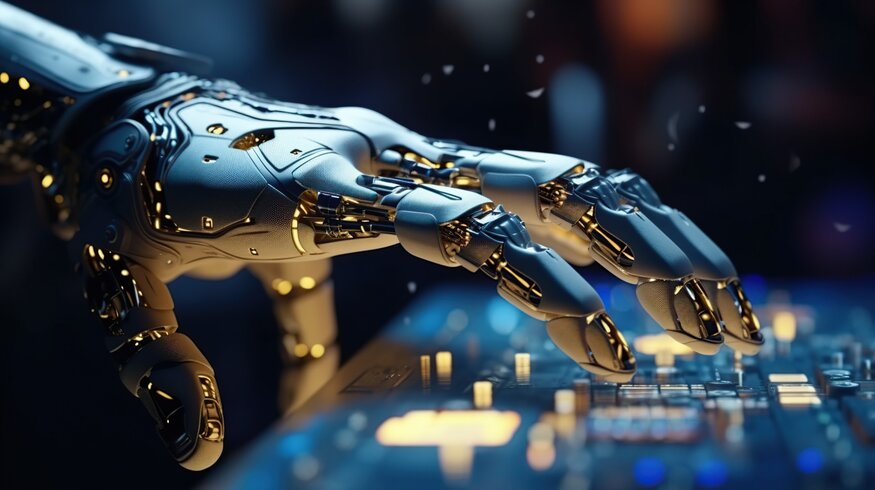You’re not alone. About 74% of American adults fear higher unemployment is on the horizon thanks to AI, a stark contrast to a similar poll in 2017 when 73% of employed Americans did NOT believe their work could easily be replaced by robots or AI.
“With the launch of ChatGPT and other generative AI tools in recent months, millions of Americans are taking advantage of the ways automation can enhance daily tasks—particularly in the workplace. But excitement around new AI technology also brings the fear that further advancements in automation could threaten or alter future employment,” write the authors of the August 2023 American Staffing Association Workforce Monitor® online survey conducted by The Harris Poll.
The report goes on to show that nearly half (47%) of all employed Americans feel automation could easily replace their jobs. Here’s how those fears break down by industry:
- 56% in the industrial sector
- 51% in engineering/IT/scientific
- 48% in office–clerical/administrative
- 44% in professional–managerial
- 39% in health care
“Overall, employed Americans are split on whether increased automation programs in the workplace will ultimately help or hurt their careers in the future, with 27% saying the technology will help and 26% saying it will disrupt,” the survey concludes.
Are these fears reasonable? After all, a June 2023 McKinsey report stated that generative AI is set to automate 60% to 70% of employee workloads. AI is the scapegoat for nearly 4,000 job cuts made in May 2023, according to Challenger, Gray & Christmas Inc. data. And an MIT and Boston University report concludes that AI is expected to replace as many as two million manufacturing workers by 2025.
But, as Tech Target’s Ben Lutkevich explains, that data isn’t cut-and-dry. AI is more likely to enhance the workplace, allowing workers to do more important (and perhaps higher paying?) jobs. It needs human feedback and maintenance to work. And as it stands today, AI is imperfect. It can cost workers productivity time by generating low-quality data that needs to be sifted through and making mistakes.
To help ease your fears, a fascinating Pew Research study found that workers who are relatively more exposed to AI also seem less concerned about the impact of AI on them personally. Also, nearly half of CEOs say AI could effectively replace “most,” or even “all,” of THEIR roles, but 47% say that might actually be a good thing, according to a survey from online education platform edX.
“AI may displace some jobs, but it is just as likely to result in the creation of new jobs, too. Remember that AI is designed to help us, not to replace human connection. AI isn’t all-encompassing; it has its limits. Work will always need the human component because what we create and produce ultimately serves other humans,” says SHRM President and Chief Executive Officer Johnny C. Taylor, Jr.
These populations tend to understand that while AI is changing jobs as we know them, that could mean the mundane tasks that most of us hate might go away. While workers who focus on those tasks that can be more easily automated are at risk, they also have opportunities to grow because of AI. The ASA concludes that employers who understand this offer training and upskilling opportunities while communicating with workers about how AI may affect their jobs.
Look for those opportunities and take the advice you get to heart. It’s likely you don’t need to leave a job or sector you love because AI is replacing you as long as you’re willing to find out how you can upskill or train to work alongside AI and automation.




